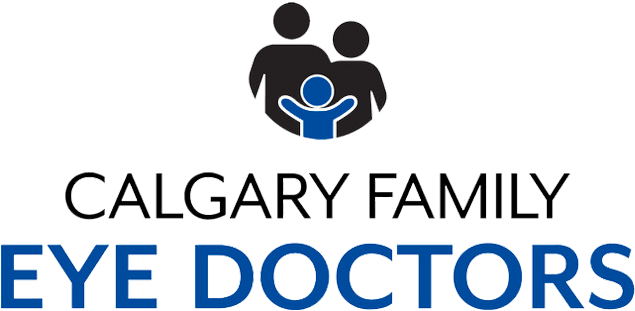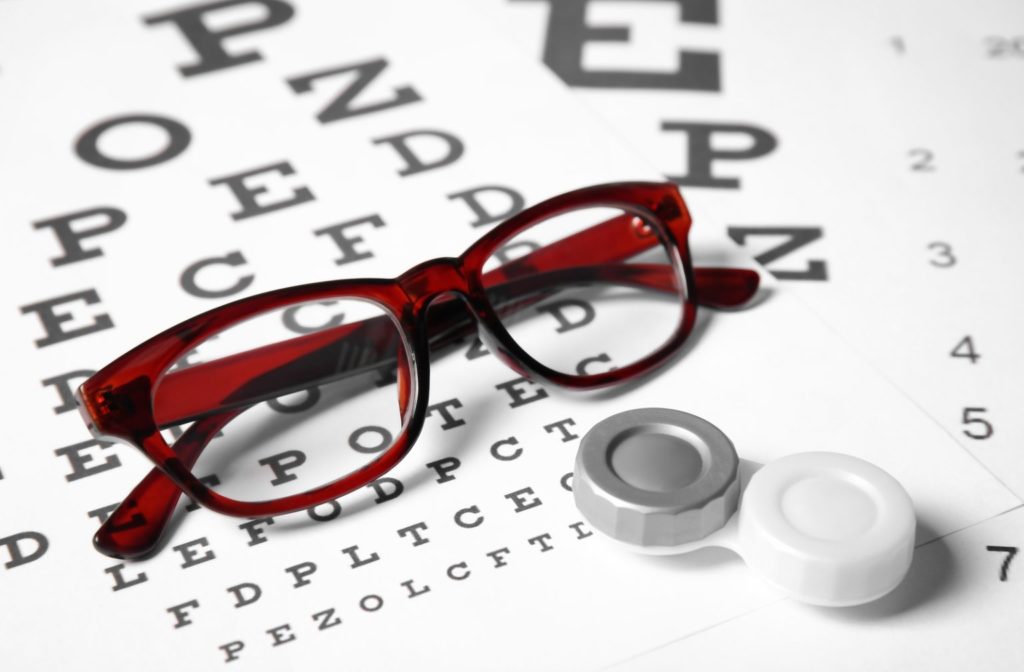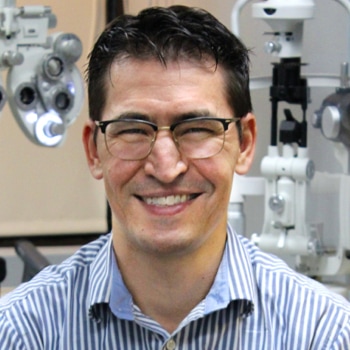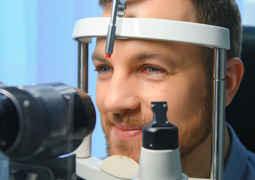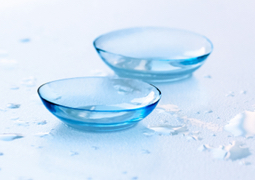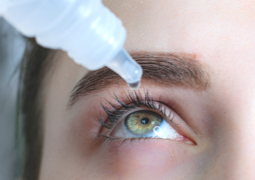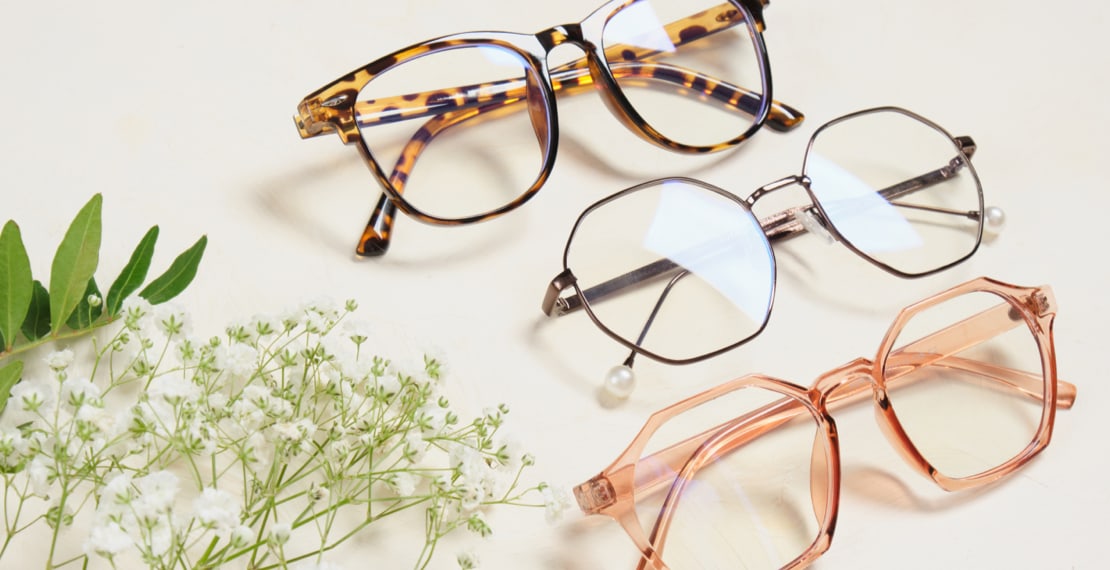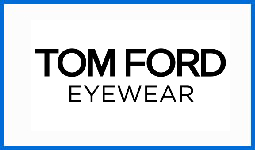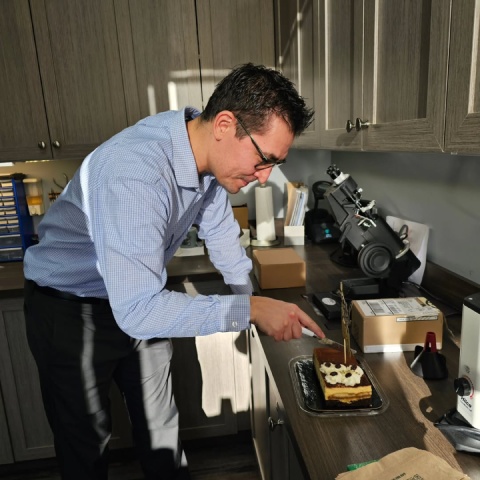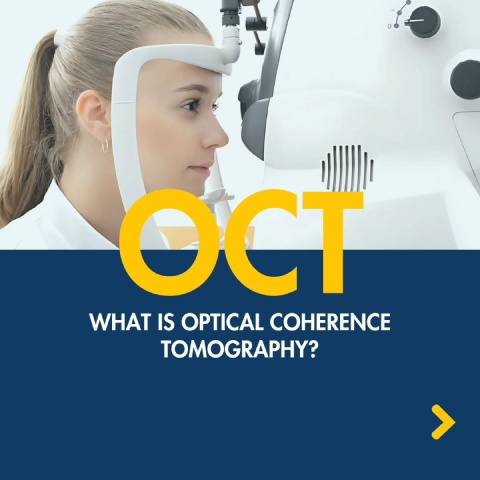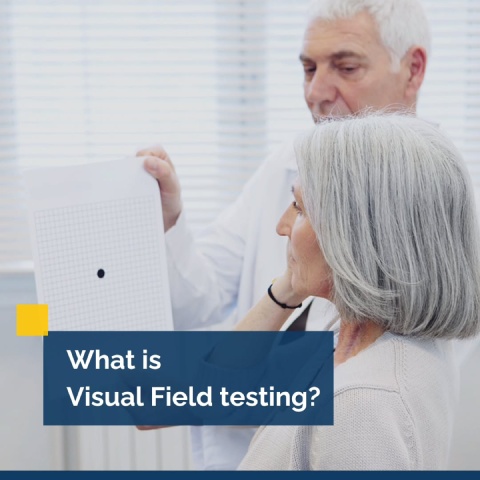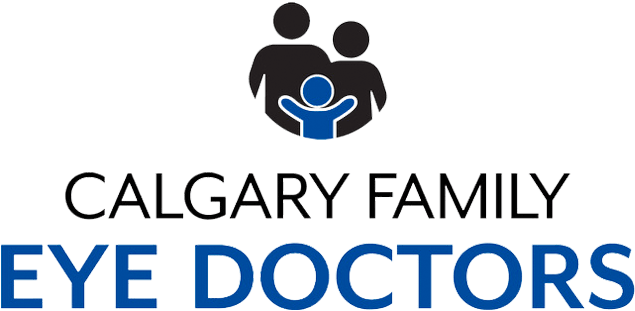Are Contacts & Glasses Prescriptions the Same?
Believe it or not, you can get multiple prescriptions for corrective eyewear.
Contact lenses and glasses (regular and sun) require different prescriptions. But why?
- Contact lenses sit directly on the eye requiring adjustments for factors like curvature and oxygen flow
- Eyeglasses are positioned a short distance away from the eyes, requiring modifications to correct for the distance between the lens and the eye and the angle of light entering the eye
We’ve broken down the differences between contact lenses and eyeglasses so you can make the right choice for your eyes. If you need recommendations, we’re always here to help.
Why Are Glasses and Contact Prescriptions Different?
Contact lenses and eyeglasses both help correct refractive errors, such as:
- Myopia, or nearsightedness, which causes objects at a distance to appear blurry
- Hyperopia, or farsightedness, which causes objects up close to appear blurry
- Astigmatism, which can cause blurred vision at any distance
Both options are highly effective, but they aren’t exactly the same. In fact, if you want contact lenses and eyeglasses, you’ll need 2 prescriptions and likely 2 eye exams.
Eyeglass prescriptions are based on your vision needs, but these prescriptions also account for the distance between your eyes and the physical lens. Your glasses sit away from your face, and that small distance in between the lens and your eyeball changes your prescription.
Contact lenses sit directly on your eye, so there’s no need to accommodate the extra distance between your eyes and the corrective lens. Your contact lenses may also require extra fitting depending on the shape of your cornea.
However, both prescriptions need to be renewed regularly (usually every 1 – 2 years). Your optometrist will let you know when you should return for an updated prescription.
Contacts vs. Glasses: What to Consider
While many people opt to have both contact lenses and eyeglasses, it’s important to understand the advantages and disadvantages of both options.
If you wear glasses, contact lenses can be a great break from your frames. If you wear contact lenses, you should have eyeglasses anyway to give your eyes a break when necessary.
If you’re making a choice between the 2, you may want to consider your career needs, lifestyle, hobbies, preferences, and cost, among other things. Your decision should be based on what’s best for you, and your optometrist can help you do this by providing you with recommendations during your next appointment.
Contact Lenses
| Pros | Cons |
| • Different wear options (daily disposables, extended wear, specialty lenses, etc.) • Correct vision without affecting appearance • Clear vision at every angle • Allow wearer to effortless participate in sports & other activities • Contacts don’t fog up, scratch, or get dirty • Usually easy to adapt to | • 1 in 500 contact lens wearers develop a serious infection each year • Dangerous to sleep in contact lenses unless the lens is specifically designed for extended wear • Other than daily lenses, all contacts need proper care and cleaning (poor care can lead to infection) • Regular contacts don’t work for everyone • Can be more expensive in the long-run than glasses |
Eyeglasses
| Pros | Cons |
| • Quick, easy way to improve vision • No need to touch your eyes • Wide variety of style & price options • Less care required than most contact lenses • Protective coatings help prevent symptoms of eye strain | • Can impact peripheral vision • Easier to damage/lose • May not like how they look • Can fog up, scratch, or get dirty • Not ideal for physical activity |

What If I Can’t Wear Regular Contact Lenses?
Regular contact lenses don’t work for everyone. Most standard contact lenses are soft and sit over the cornea. While these lenses can be a great option for many people, certain conditions and eye issues can make wearing regular contacts feel impossible.
Fortunately, there have been significant advancements in contact lens technology and development.
Scleral Contact Lenses & Dry Eye
Dry eye is an increasingly common eye condition that causes your eyes to feel irritated and uncomfortable. If left untreated, dry eye can become so severe that simple tasks like driving become impossible.
Your eyes should produce good quality tears as necessary to keep your eyes lubricated. When your eyes are not making enough tears or the tears they make are low quality, dry eye symptoms can occur.
Scleral contact lenses are designed to cover your sclera (the white of your eye) rather than resting on your cornea. These lenses leave a small space between the lens and your cornea that acts as a fluid reservoir to trap moisture against the eye and keep it hydrated throughout the day.
Wearing scleral lenses is different from traditional contact lenses. Your optometrist will help you choose the best scleral lens for your eye and show you how to use the lenses properly. They’ll also be able to give you care instructions for your lenses for the best possible outcome.
You can wear your scleral lenses for up to 12 to 14 hours a day and these lenses typically last 1 to 2 years (unless your prescription needs updating). Scleral lenses are generally custom-made for your eyes, so you will likely need to go for a fitting appointment before you get your lenses.
These lenses are also a great option for people who have corneal irregularities, such as keratoconus, as it simulates a smooth ocular surface and improves vision.
Toric Contact Lenses & Astigmatism
Toric contact lenses are specially designed to correct vision for people with astigmatism. Some people can counteract their astigmatism with regular contact lenses, but more severe astigmatisms require specialty lenses.
These lenses help provide clear vision for people with corneal irregularities. People who could benefit from toric lenses may have a particularly unique or steep corneal curvature, which prevents them from wearing regular contact lenses.
Toric lenses are usually more comfortable for the wearer because they are specially designed for their eyes.
Multifocal Lenses
Multifocal contact lenses have 2 or more prescriptions in them to help people with varying degrees of vision see at different distances. These lenses also help correct vision problems caused by astigmatism.
Multifocal lenses can be beneficial for patients who only wear glasses, who wear contact lenses but also need reading glasses, and who have presbyopia. These contacts can help reduce the strain on your eyes.
Other Options
There are a variety of specialty lenses available today. Come visit us to see what type of contact lens is right for you.
You Can Have Both!
Many of our patients have glasses and contact lenses because, like most of us, they like having options! We can help you find contacts and glasses that work for your eyes (and budget). Book your next eye exam at Calgary Family Eye Doctors in South Calgary today.
